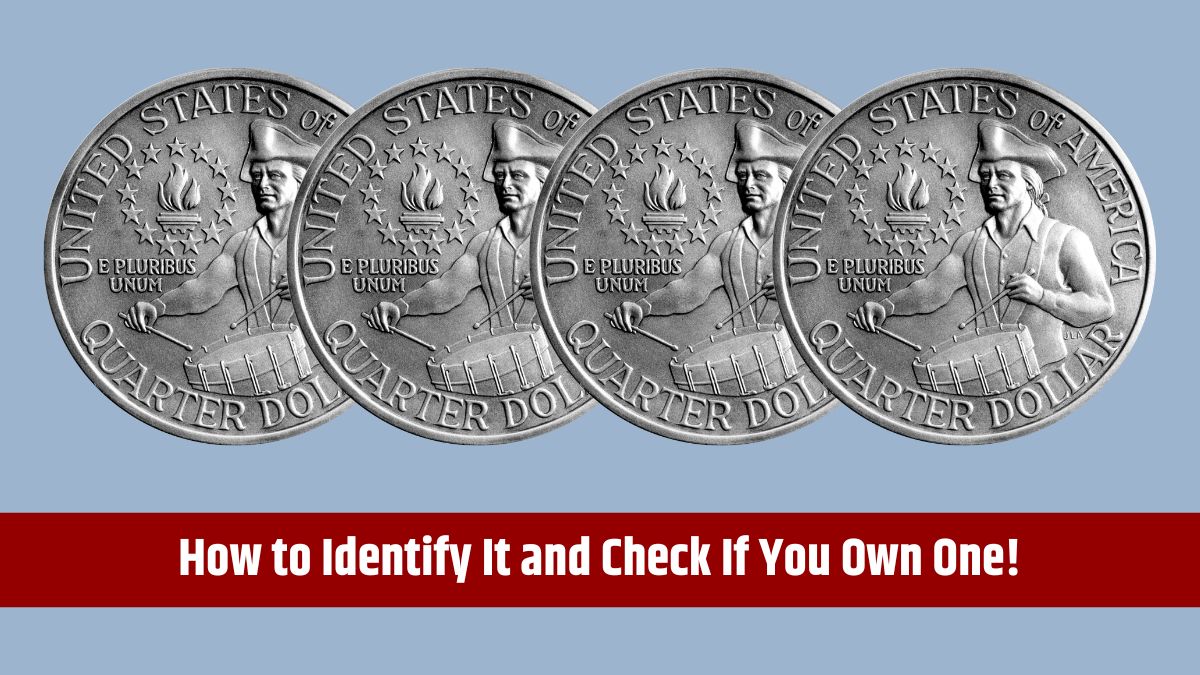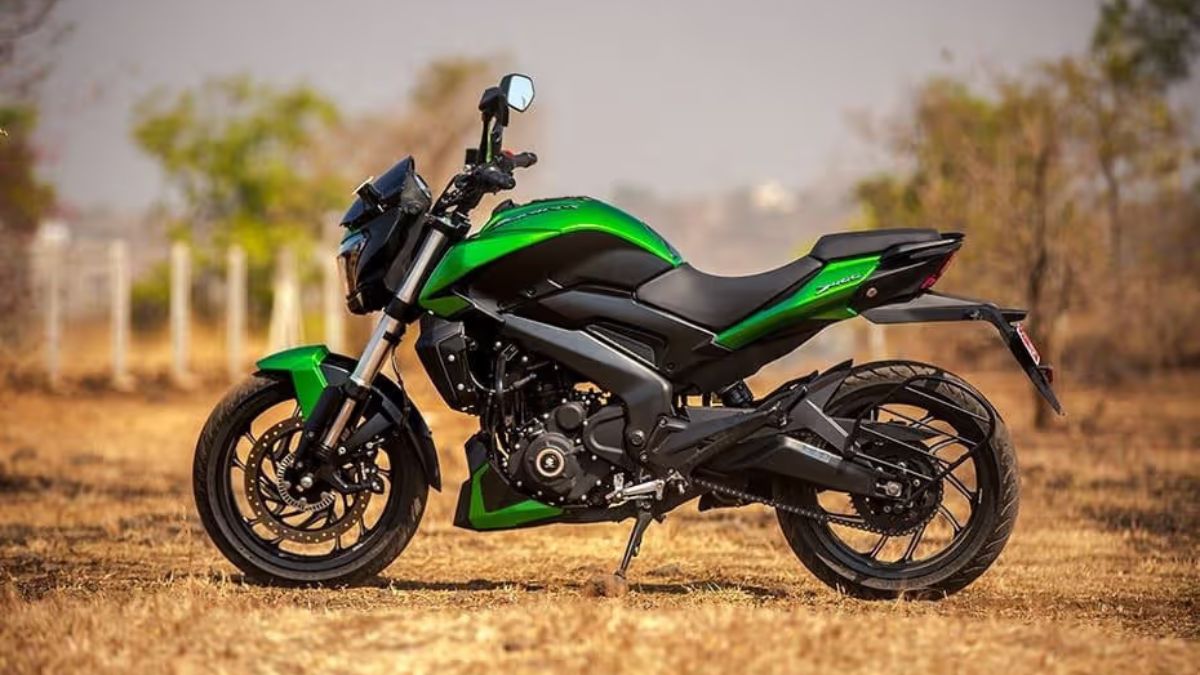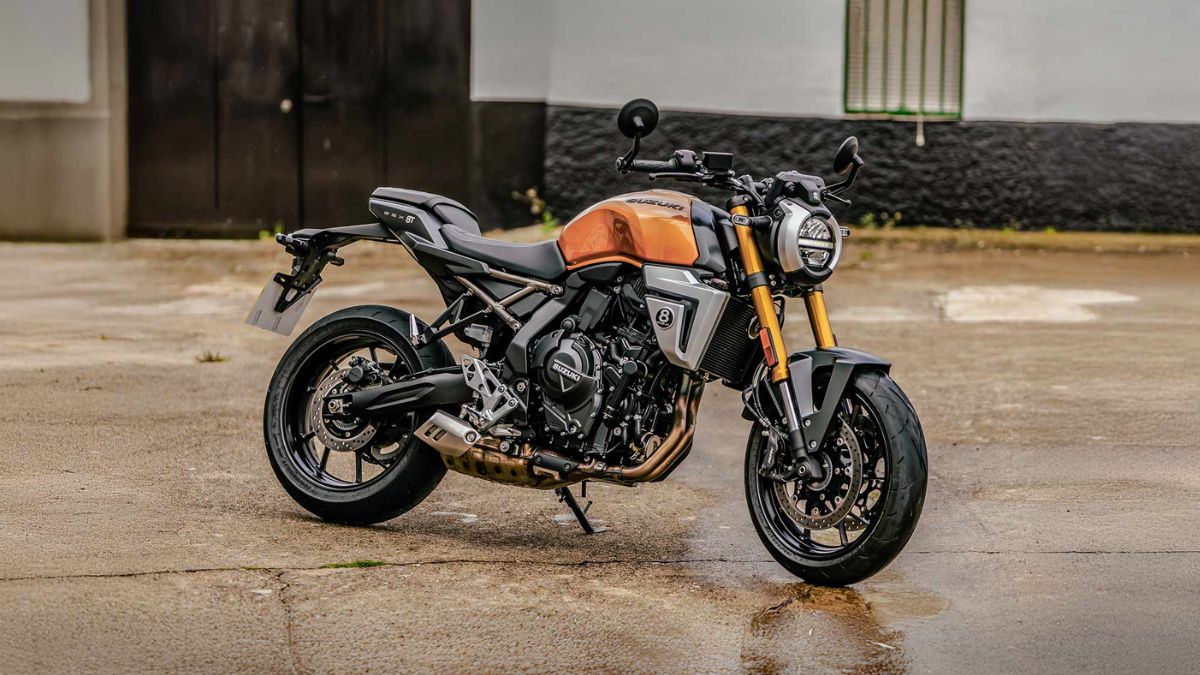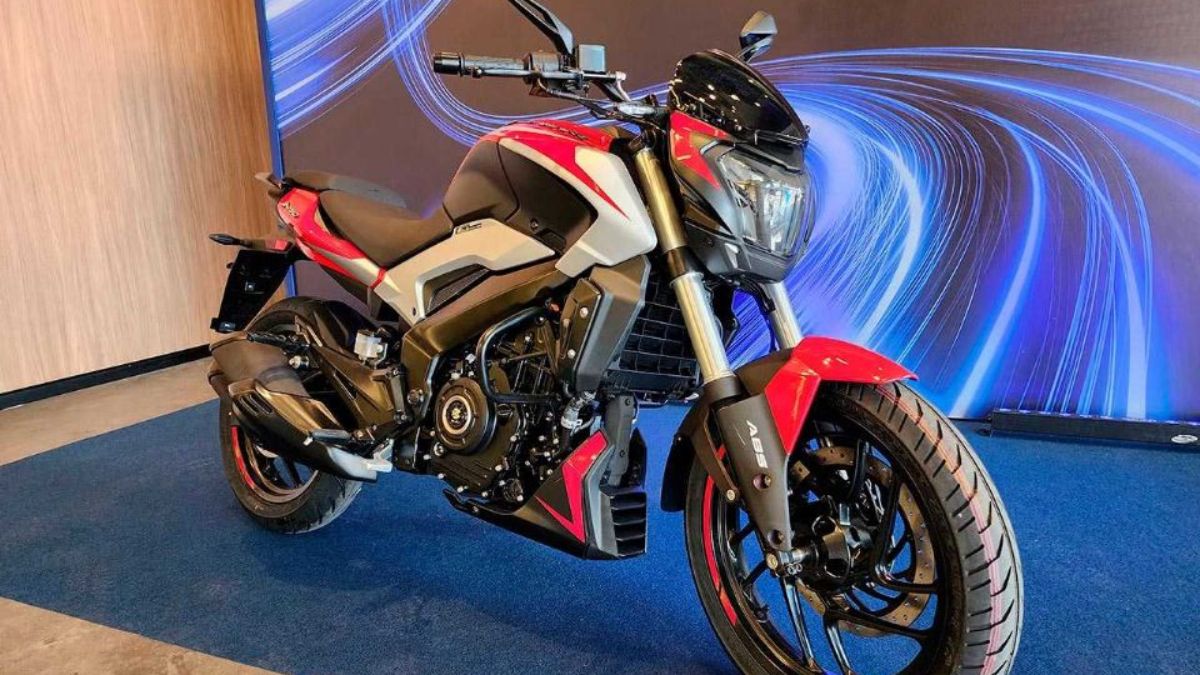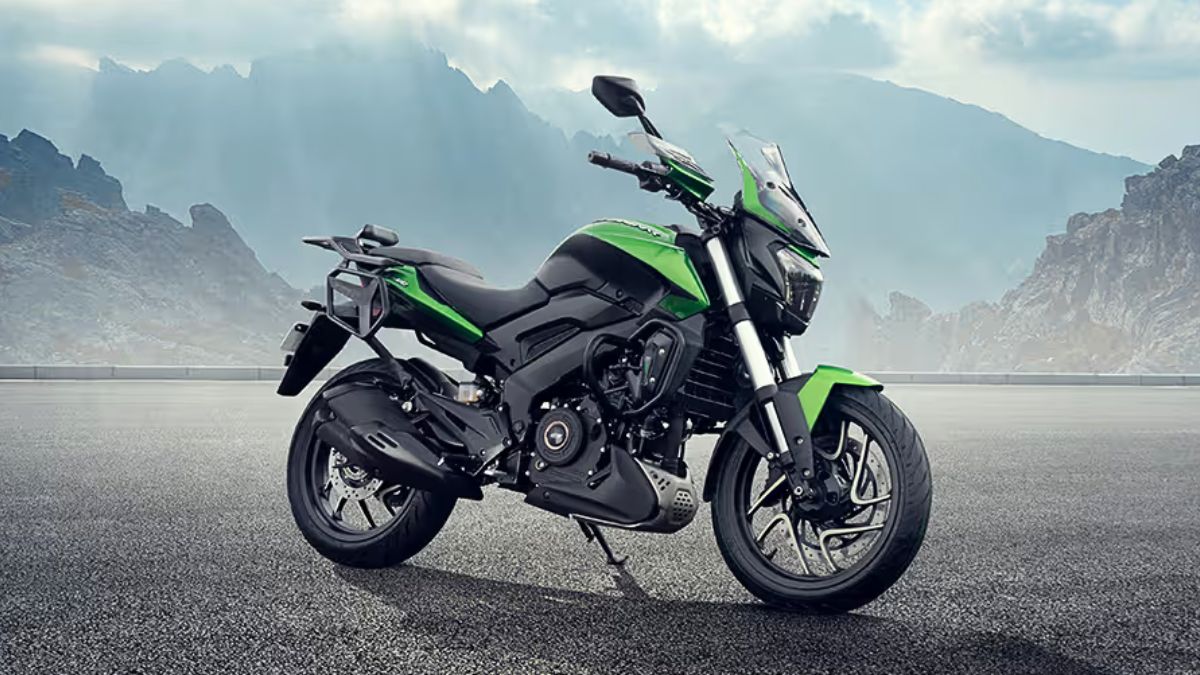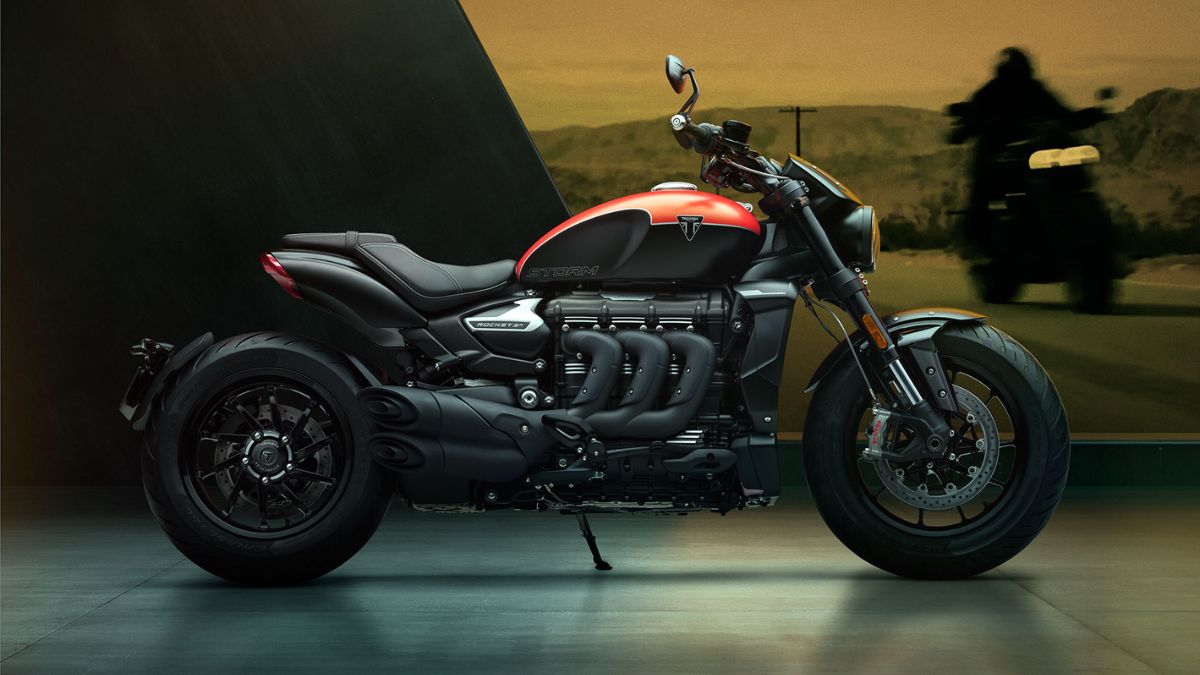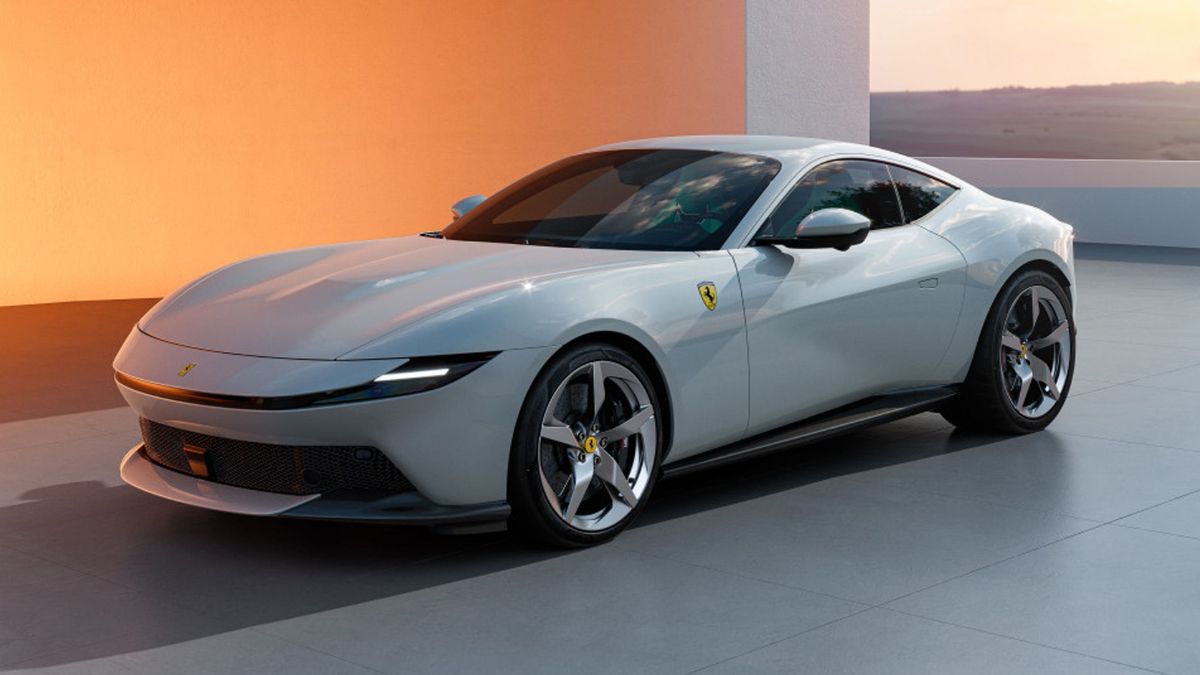The 1976 Bicentennial Quarter is one of the most famous U.S. coins, minted to celebrate the 200th anniversary of American independence. While most of these quarters are only worth face value, some rare versions have sold for as much as $500,000 due to unique errors and special editions. Could you be holding one of these valuable coins? Let’s look into what makes certain 1976 quarters worth a fortune and how you can check if you have one.
1976 Bicentennial Quarter
In 1976, the U.S. Mint released a special edition quarter as part of the nation’s Bicentennial celebration. The coin features a unique design, with George Washington on the obverse and a drummer boy with a torch of victory on the reverse.
The U.S. Mint produced these quarters in three different locations:
| Mint Location | Mint Mark | Composition |
|---|---|---|
| Philadelphia | None | Copper-nickel clad |
| Denver | D | Copper-nickel clad |
| San Francisco | S | Copper-nickel clad & 40% silver |
San Francisco Mint quarters were specially made for collectors, with some struck in 40% silver. These silver versions, along with certain error coins, are among the most valuable 1976 quarters.
1976 Quarters Worth So Much
The high value of certain 1976 quarters comes from rare minting errors, silver content, and pristine condition. Coins with mistakes during the minting process are especially valuable because they are unique and in high demand among collectors.
Minting Errors That Increase Value
Error coins are some of the most sought-after collectibles. Here are the most valuable minting errors found in 1976 Bicentennial Quarters:
| Error Type | Description | Estimated Value |
|---|---|---|
| Double Die Obverse (DDO) | A doubling effect on the date or inscriptions. | Up to $10,000 |
| Off-Center Strike | The design is misaligned, leaving part of the coin blank. | $500 – $5,000 |
| Wrong Planchet Error | The coin is struck on an incorrect metal planchet. | $10,000+ |
| Clashed Dies | The obverse and reverse dies strike each other without a planchet in between. | $2,500+ |
Coins with these errors can sell for thousands of dollars, depending on their rarity and condition.
Silver Content
While most 1976 quarters are made of copper-nickel, a limited number from the San Francisco Mint contain 40% silver. These silver quarters are more valuable than regular clad versions, especially in uncirculated condition.
To check if your quarter is silver:
- Look for the “S” mint mark below the date.
- Weigh the coin – Silver quarters weigh about 5.75 grams, while clad quarters weigh around 5.67 grams.
- Test with a magnet – Silver is not magnetic, so if your coin sticks to a magnet, it is not silver.
High-grade silver quarters can sell for hundreds or even thousands of dollars, depending on their condition and demand.
How to Identify a Valuables
Want to know if your 1976 quarter is worth more than 25 cents? Follow these steps:
1. Check the Mint Mark
- No mint mark = Philadelphia Mint
- “D” = Denver Mint
- “S” = San Francisco Mint (check for silver content)
2. Look for Minting Errors
Use a magnifying glass to examine your quarter for:
- Doubled letters or numbers (Double Die Obverse error)
- Off-center designs
- Missing or weak details
3. Assess the Condition
Coins in near-perfect, uncirculated condition are the most valuable. Look for:
- No scratches or wear
- Sharp details on Washington’s face and the drummer boy
- Bright, original luster
4. Weigh the Coin
Silver quarters weigh slightly more than regular quarters. If your 1976 quarter feels heavier, it might be a silver version.
5. Get a Professional Appraisal
If you suspect you have a rare or valuable quarter, send it to a professional grading service like PCGS (Professional Coin Grading Service) or NGC (Numismatic Guaranty Corporation) for official evaluation.
Where to Sell Valuable 1976 Quarters
If you have a rare or valuable 1976 Bicentennial Quarter, you can sell it through:
- Online auctions (eBay, Heritage Auctions)
- Coin dealers and shops
- Coin shows and conventions
- Grading services with marketplace options
Before selling, research similar coin sales to determine a fair price. If your coin is graded by a reputable service, it will be easier to sell for top value.
The 1976 Bicentennial Quarter is a piece of American history, and while most are worth only face value, rare versions can be worth thousands—or even hundreds of thousands—of dollars. By checking for mint marks, minting errors, and silver content, you can determine if you have a valuable collector’s item. So, take a closer look at your change—you might just find a hidden treasure!
FAQs
How do I know if my 1976 quarter is silver?
Check for an ‘S’ mint mark and weigh the coin. Silver quarters weigh about 5.75 grams.
What is the most valuable 1976 quarter?
The highest reported sale was over $350,000 for a rare error coin.
Are all 1976 quarters valuable?
No, most are worth only face value. Only rare errors, silver versions, or high-grade coins are valuable.
Where can I sell a valuable 1976 quarter?
You can sell it at coin auctions, online marketplaces, coin shops, or through professional grading services.
What are the most valuable 1976 quarter errors?
Double Die Obverse, off-center strikes, wrong planchet errors, and clashed dies are among the most valuable.
